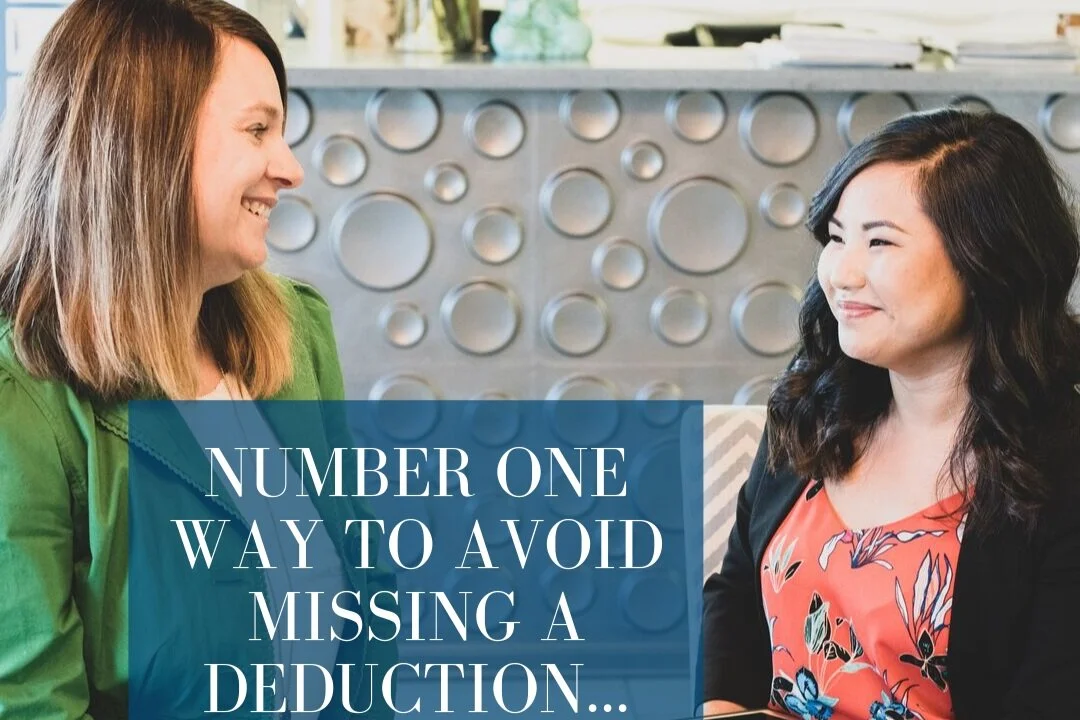Will you have to pay taxes on the sale of your home?
It’s exciting times in the real estate world. People are upgrading to a bigger home or converting their current home into rentals all the time. We hear a bunch of statements thrown around like “Its a sellers market” “interest rates are so low” on and on.
We are all affected by real estate and its a common concern that when we sell, are we subject to tax on that gain?
Some basics: What IS the gain?
People confuse equity with gain all the time but it’s actually calculated simply like this:
Sale Price - Original Purchase Price - Improvements = Gain
EXAMPLE. Purchased a home for $200,000 in 2015, had a $15,000 kitchen remodel in 2017 & selling for $400,000 in 2019.
$400,000 - $200,000 - $15,000 = $185,000 Gain
How to avoid taxes on the sale…
The IRS has a home owners exclusion of $250,000 if single and $500,000 if married on any gains of the sale. Most home sales fall into this category and a majority of tax payers get to avoid taxes on 100% of the sale that occurs. You must meet all the following tests:
Ownership Test
If you owned the home for at least 24 months out of the last 5 years leading up to the closing date, you meet the ownership requirement. For a married couple filing jointly, only one spouse has to meet the ownership requirement.
Residence Test
If you lived in the home for 24 months out of the last 5 years then you qualify for the residence test. The months don’t need to have been consecutive. Each spouse must meet this requirement to take the full $500k exclusion.
Exception: If you become physically or mentally unable to care for yourself (with the proper documentation) this test drops to only 12 months.
Frequency Test
If you’ve taken this exclusion within the last 2 years, you do not qualify.
Exceptions:
Separation or divorce
Death of spouse
Vacant Land
Acquired the home in a like-kind exchange
For your additional reading pleasure: https://www.irs.gov/publications/p523
What if you sell within the 24 month period?
You will not qualify for the homeowners exclusion and you will be subject to either capital gains or ordinary gains.
Between 1-2 years:
You’ll be subject to capital gains tax (0-20% depending on income) for the sale.
Under 1 year:
You’ll be subject to ordinary gains (10-34% depending on income) for the sale. This rate is basically recognizing the entire gain amount as your regular income taxed at the highest rate.
(psssssst - This is the worst case scenario)
What if I reinvest this money immediately, can I avoid the gains if I fail the above tests?
I get this question often. There is such a thing called a 1031 exchange for investment properties. This is when you have a rental property (not your personal residence) and you sell and turn around and reinvest in another investment property.
There are many requirements and exceptions to this type of transactions but bottom line:
This does not apply to personal residences!
You cannot sell your personal residence and try to do a 1031 exchange, it must be a qualified investment property as of the date you sell it - not your home.
Did I drive this home? Cool :)
TLDR - Final Tips:
Remember to first assess the total gain, if for some extreme reason you must sell within a year its unlikely you’d have much of a gain after closing costs and it could be a wash.
If you are looking at a gain, always try to make it the 24 months. Excluding that gain is a huge benefit.
At the very least make it to 12 months!
If you are converting your personal residence to a rental and its possible to sell this property within 5 years - talk to your CPA to time it right.
Always talk to your CPA about all the scenarios if you are thinking about selling.
Lastly, here is a quick guide: download, save, share, distribute.
Have you learned something from this blog or thinking about selling soon? Drop a comment below!
Information up to date as of 10/2019







